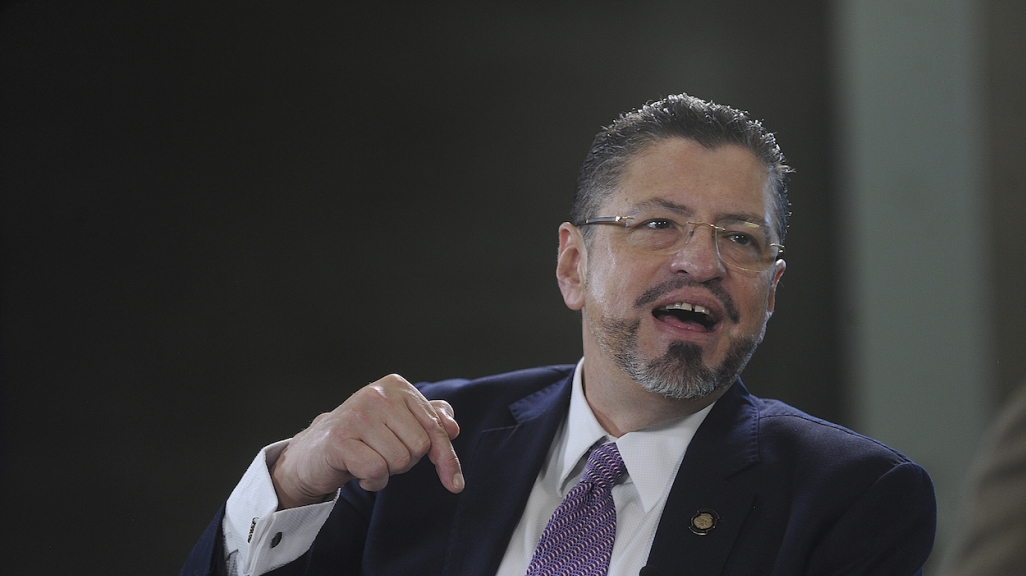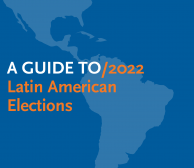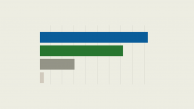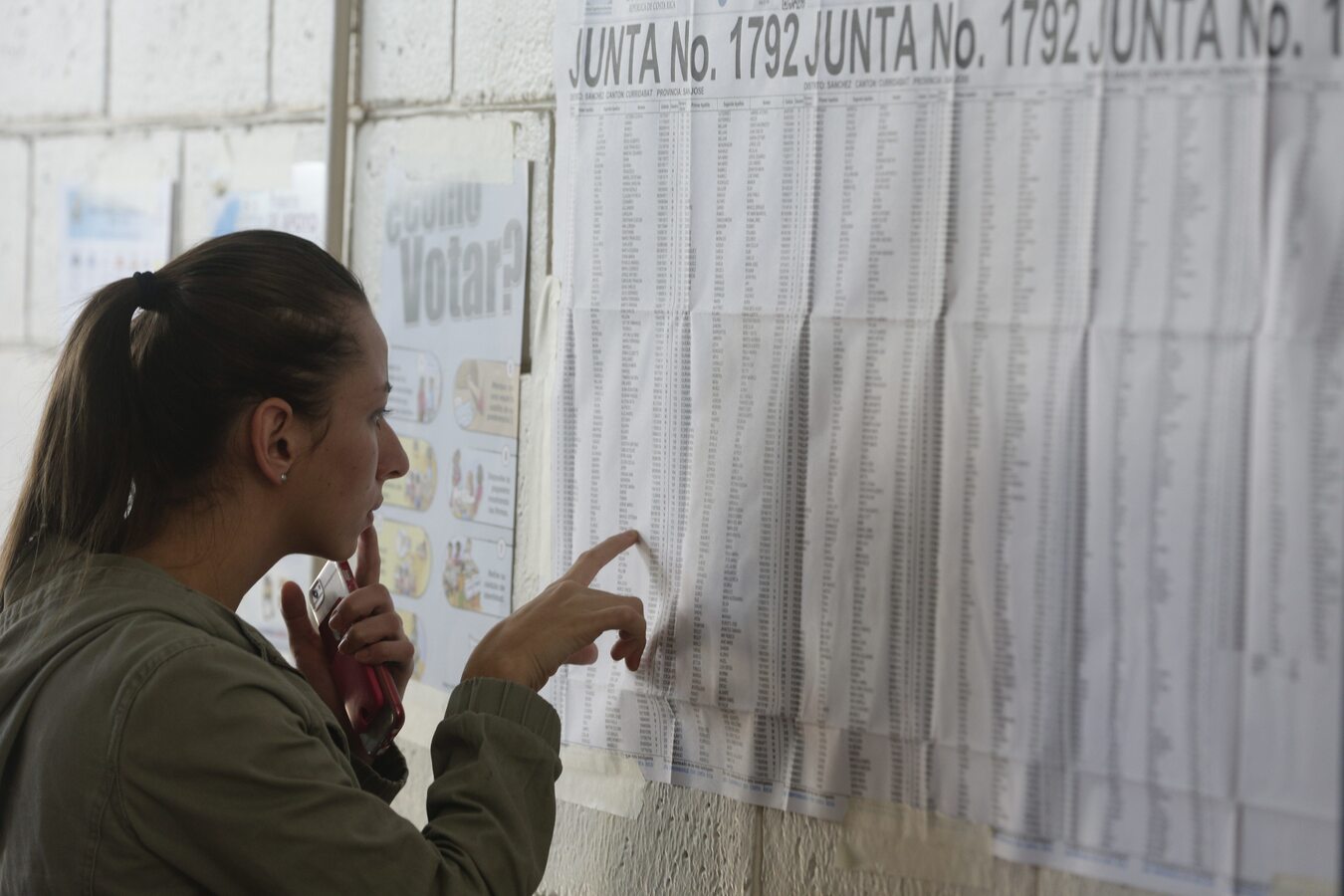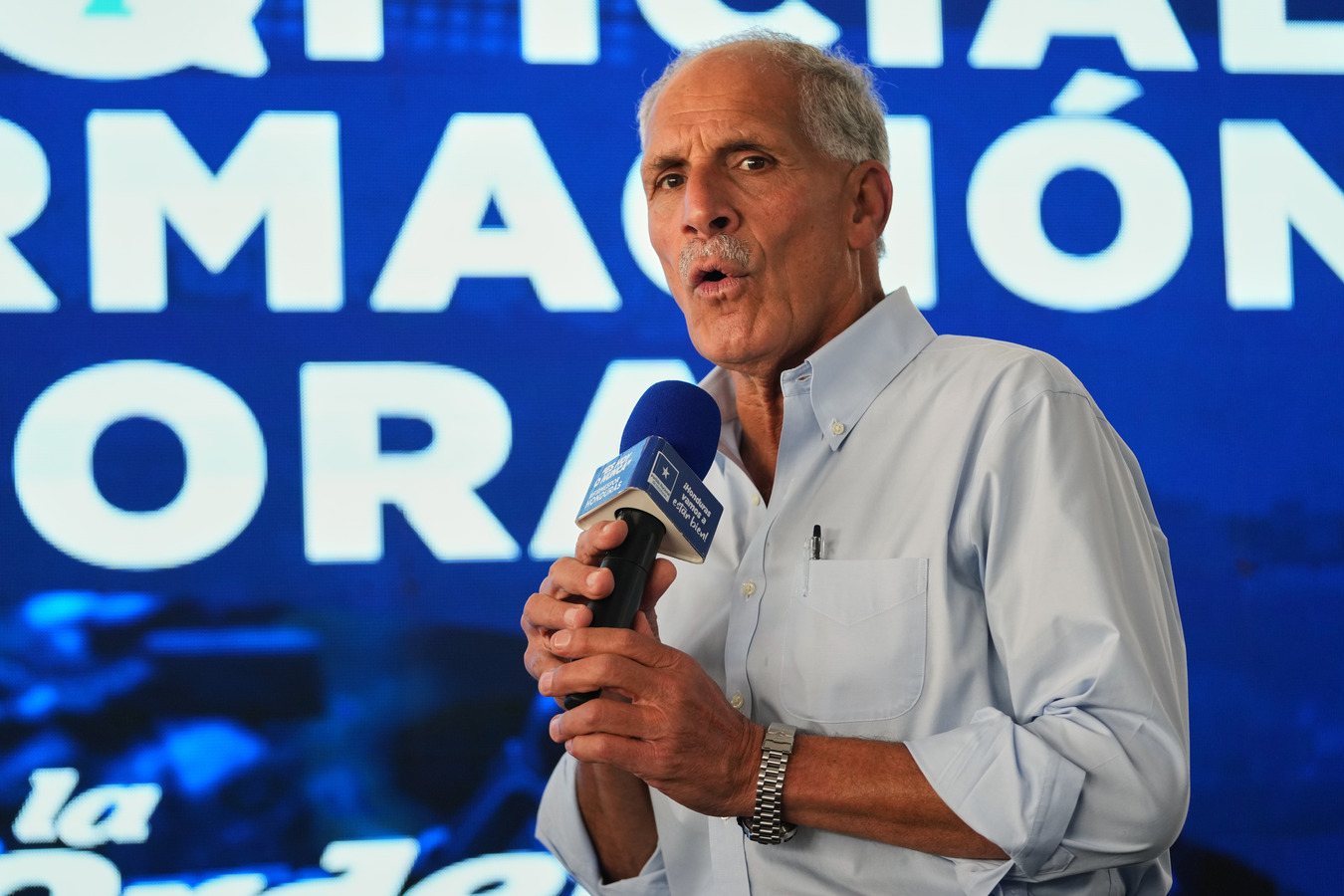With Anti-Establishment Message, Rodrigo Chaves Wins Costa Rica's Presidency
With Anti-Establishment Message, Rodrigo Chaves Wins Costa Rica's Presidency
Amid low turnout, the economist won the April 3 runoff against ex-President José María Figueres.
Economist Rodrigo Chaves, a former World Bank official, will be Costa Rica’s next president after capturing 52.9 percent of the vote in the April 3 runoff. In his victory speech, Chaves declared: “Tonight, let's set aside the party colors that can easily divide us. I humbly ask you that we unite beneath the blue, white, and red of our national flag."
After surging in the polls for a surprise second-place finish in the first round, Chaves defeated former President José María Figueres (1994–1998) in the second one. Figueres earned 47.2 percent of votes from the 98.2 percent of reported voting sites. Although the official results won’t be finalized until later this week, Figueres already conceded.
Chaves, who has never held elected office, ran on an anti-establishment message that blamed Costa Rica’s traditional political parties as the source of political dysfunction in the country. To that end, he found a target in Figueres, whose father also served as president and whose political party, National Liberation Party (PLN), was once a dominating force that often swapped control of the reins with Social Christian Unity Party for the majority of the last 70 years. Before the election, 80 percent of voters said that they had a desire for political change.
Chaves, who is from the Social Democratic Progress Party, will be the third president in a row that is not from one of these two major parties. He follows current President Carlos Alvarado of the Citizen Action Party, for whom Chaves served as finance minister for six months.
AS/COA covers this year’s votes in the Americas, from presidential elections to referendums.
See where economist Rodrigo Chaves and former President José María Figueres stand in CIEP polls ahead of the April 3 vote.







